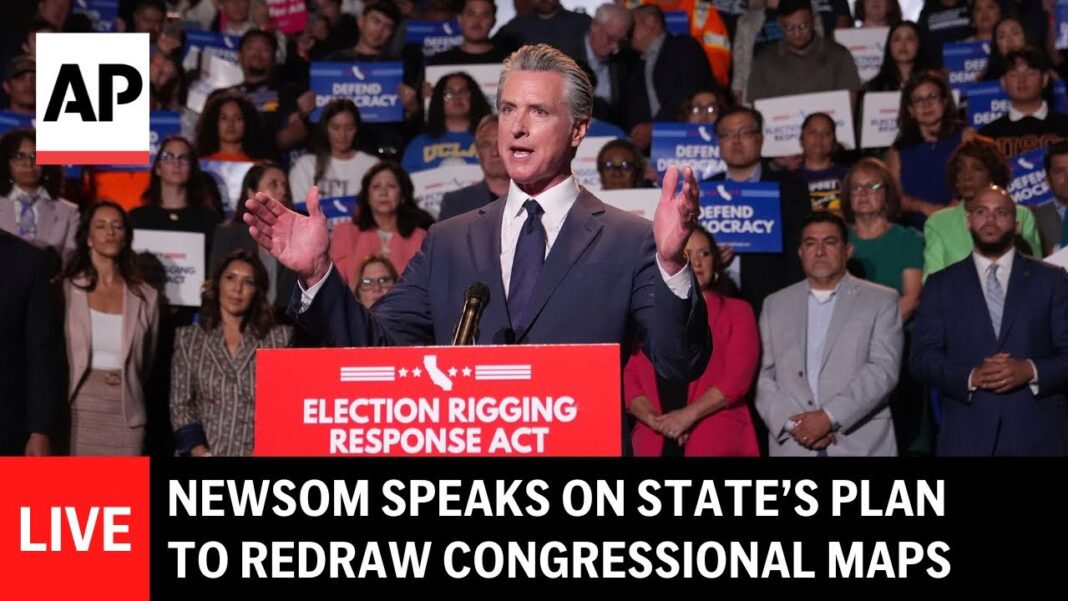‘We oppose global regulatory approaches,’ a State Department spokesperson told The Epoch Times.
The United States supports “common-sense and pragmatic approaches” to address the toxic problem of plastic pollution in the environment, the State Department has said in response to another round of failed talks at the United Nations to draft a treaty acceptable to all 193 member nations.
“We oppose global regulatory approaches, such as lists banning products or additives, that stifle innovation in manufacturing, drive inflation for consumer products, and limit exports of plastic resin and products,” a department spokesperson told The Epoch Times in an email on Aug. 22.
“These approaches do not account for differing national circumstances and are not as helpful in addressing plastic pollution.”
The failed talks were the fifth initiated by the United Nations Environment Assembly in an attempt to get U.N. member states to find consensus on approaches to ending plastic pollution around the world. The INC-5.2 (Intergovernmental Negotiating Committee) session in Geneva from Aug. 5 to Aug. 14 came to a close without an agreement on draft treaty text despite final all-night efforts to find a middle ground.
Inger Andersen, executive director of the U.N. Environment Programme (UNEP) which is governed by the U.N. Environment Assembly, said, “While we did not land the treaty text we hoped for, we at UNEP will continue the work against plastic pollution—pollution that is in our groundwater, in our soil, in our rivers, in our oceans and yes, in our bodies.”
About 1,400 country delegates representing 183 nations and member states, and another 1,000 observers representing 400 organizations, gathered at the U.N. Palais des Nations for the global effort, the U.N. said. But the deep divisions that became clear in 2024 after failed talks in South Korea remained.
The main points of difference were on the ambition level of the treaty.
According to Health Policy Watch, higher-ambition nations, such as those in the EU, the UK, Panama, Colombia, Canada, Australia, many African nations, and 39 small island developing states, sought caps on the production of virgin plastics.
Others, including Saudi Arabia, Iran, Malaysia, Morocco, India, Cuba, and Kazakhstan, backed by the United States—many of which are plastic producers—suggested that a global treaty should just focus on the voluntary reduction of plastic waste and improved waste management infrastructure, leaving nations themselves to impose any mandatory regulatory actions.
By Melanie Sun







